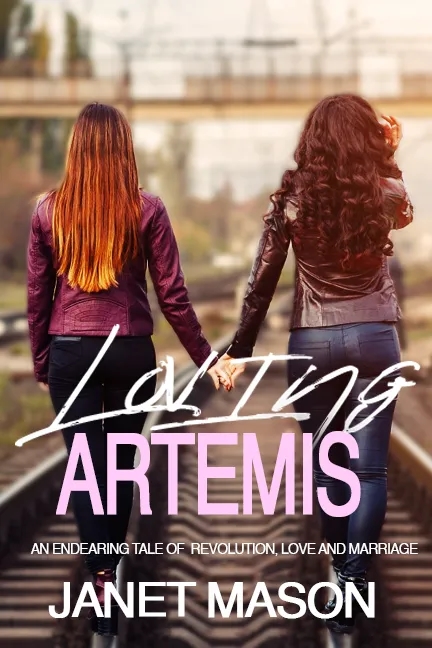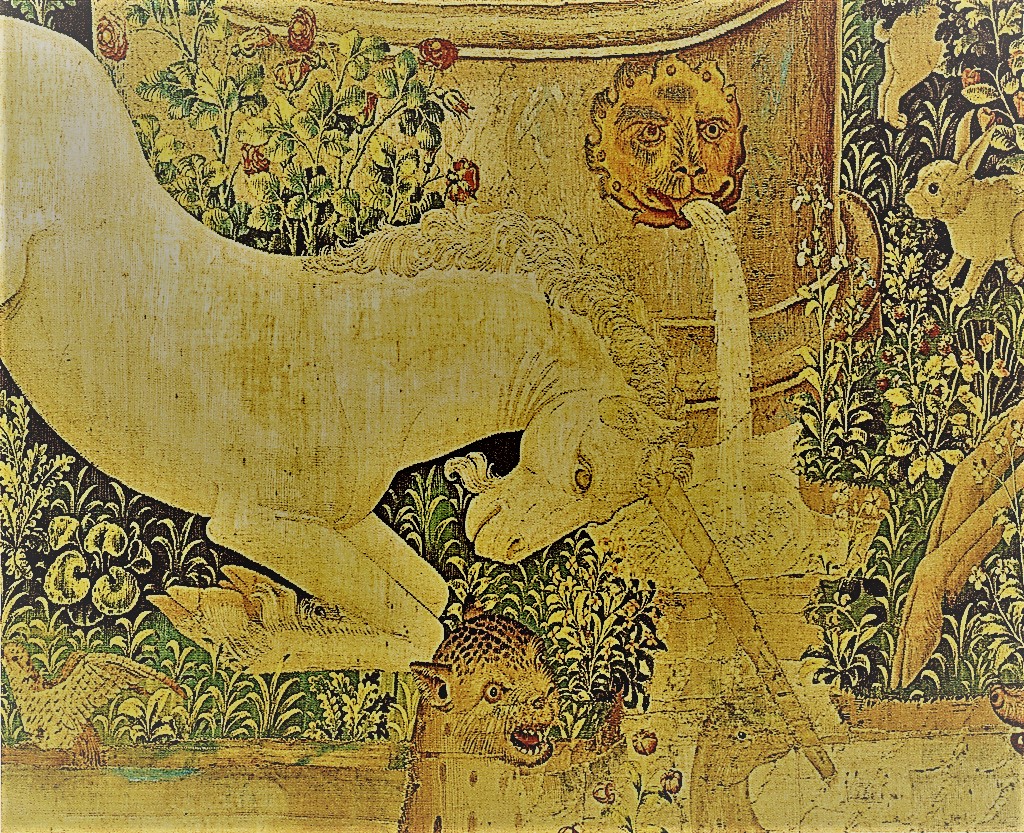As part of a larger annual Unitarian Universalist service on Rosh Hashanah and mental health, I talked about how I have been taking care of my mental health lately. The talk is on YouTube and below the video is the text.
Lately, I’ve been consciously taking care of my mental health. Perhaps this is because we are increasingly living in a toxic society—so it seems to me.
Perhaps it is because I am a writer and the flip side of having the muse come to me and insisting that I write a novel in a few months, leaves a huge swirling void inside of me, where negative emotions can and do linger.
This past summer was a particularly good one (for my writing) and a bad one for me personally as the result of going so much deeper in my work was that I felt myself to be physically depleted when I was done, which was an unusual feeling for me. I felt empty, numb, and uncharacteristically angry. The lingering effects were that I felt myself being a bit depressed or more than a bit, also unusual for me. At this point, I felt myself as being outside of my life. I felt disconnected.
Fortunately, I was able to get back on track through my routine of self-care which includes a daily walk for at least twenty minutes, avoiding all animal products, and doing a regular yoga practice. Perhaps it was my new little cat Peanut who brought me back to myself. For who can stay depressed with a morning routine of a rapidly growing young adult cat pouncing onto your chest and licking your face?
In my mid-sixties, I have come to the conclusion that I must consciously work on myself not only to survive but to thrive. All of this caring for my physical body also helps my mental health because everything is connected. After a medical scare about four years ago, I am still thankful and relieved to be healthy and to be here.
The I Am affirmations are similar to Buddhist affirmations, such as “May I be peaceful.” Except that by using the words “I Am,” the speaker and the hearer are placing themselves in the present and using positive thoughts to create what is already in them.
Now, thanks to the I Am affirmations I have found on YouTube, I have also been able to consciously raise my vibration. I can feel myself getting lighter and happier as I listen to the words.
It is thought that the I Am philosophy dates back to teachings described in sacred texts. I learned that the first recorded use of the term “affirmation” was in 1843 by the philosopher, writer, and Unitarian minister Ralph Waldo Emerson. Emerson wrote: “Every man is an affirmation of himself.”
In some of the I Am affirmations that I listen to, the announcer says, “I am patience; I am tolerance; I am good enough; I am pure love.”
I listen to the meditations some mornings; sometimes when I am doing my yoga practice; and several times I found I am meditations that lasted all night long. The words entered my subconscious and came back to me when I needed them.
Another meditation focuses on gratitude and says, “I am grateful for the air in my lungs.”
Would you all say that with me now?
“I am grateful for the air in my lungs” …
Thank you!
This is a good reminder that I am indeed grateful for the air in my lungs.
On this Jewish New Year – as always – I am also grateful to be here with you.
–Namaste–
For more information on my most recent novel Loving Artemis, an endearing tale of revolution, love, and marriage, click here:




